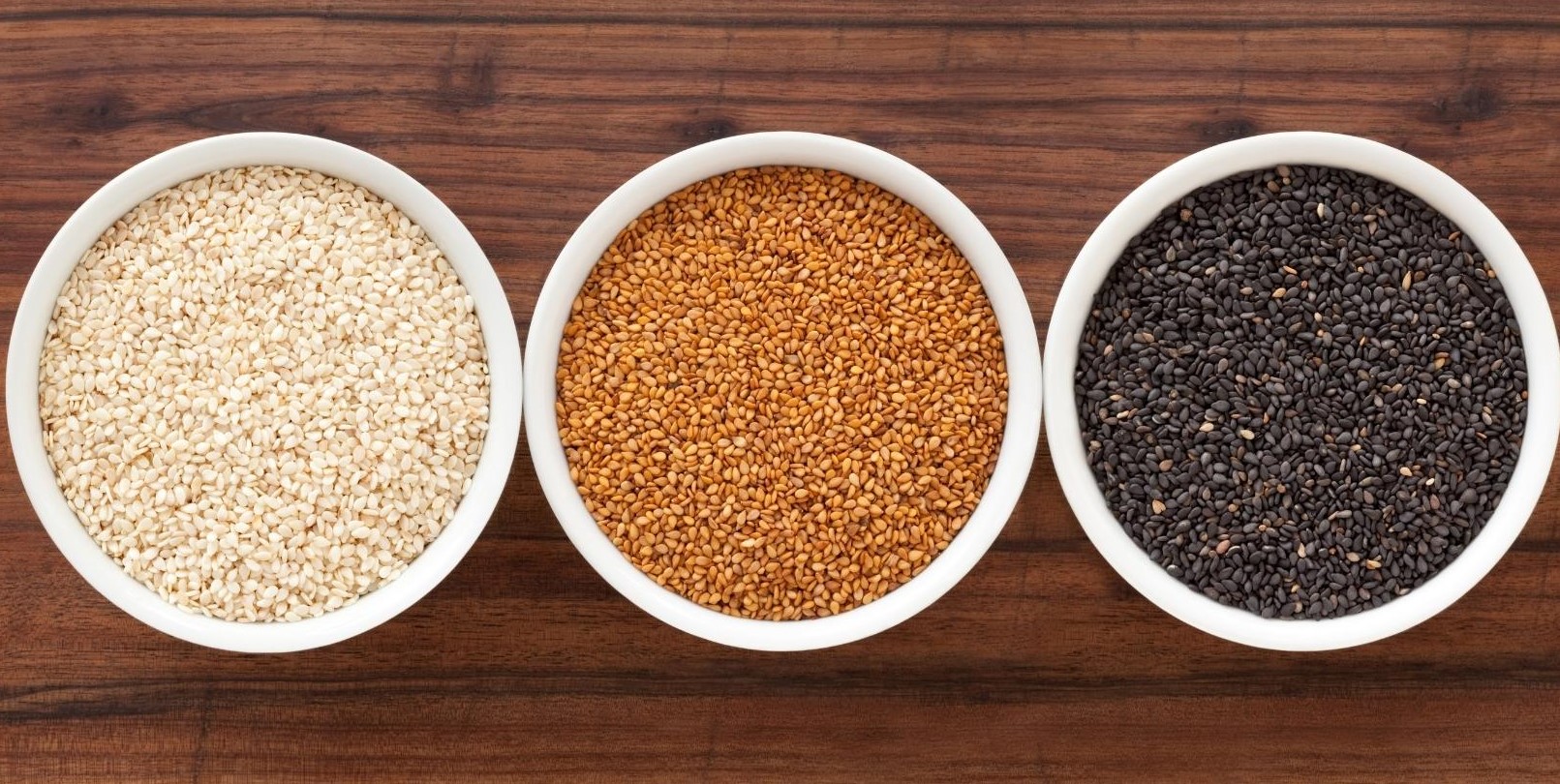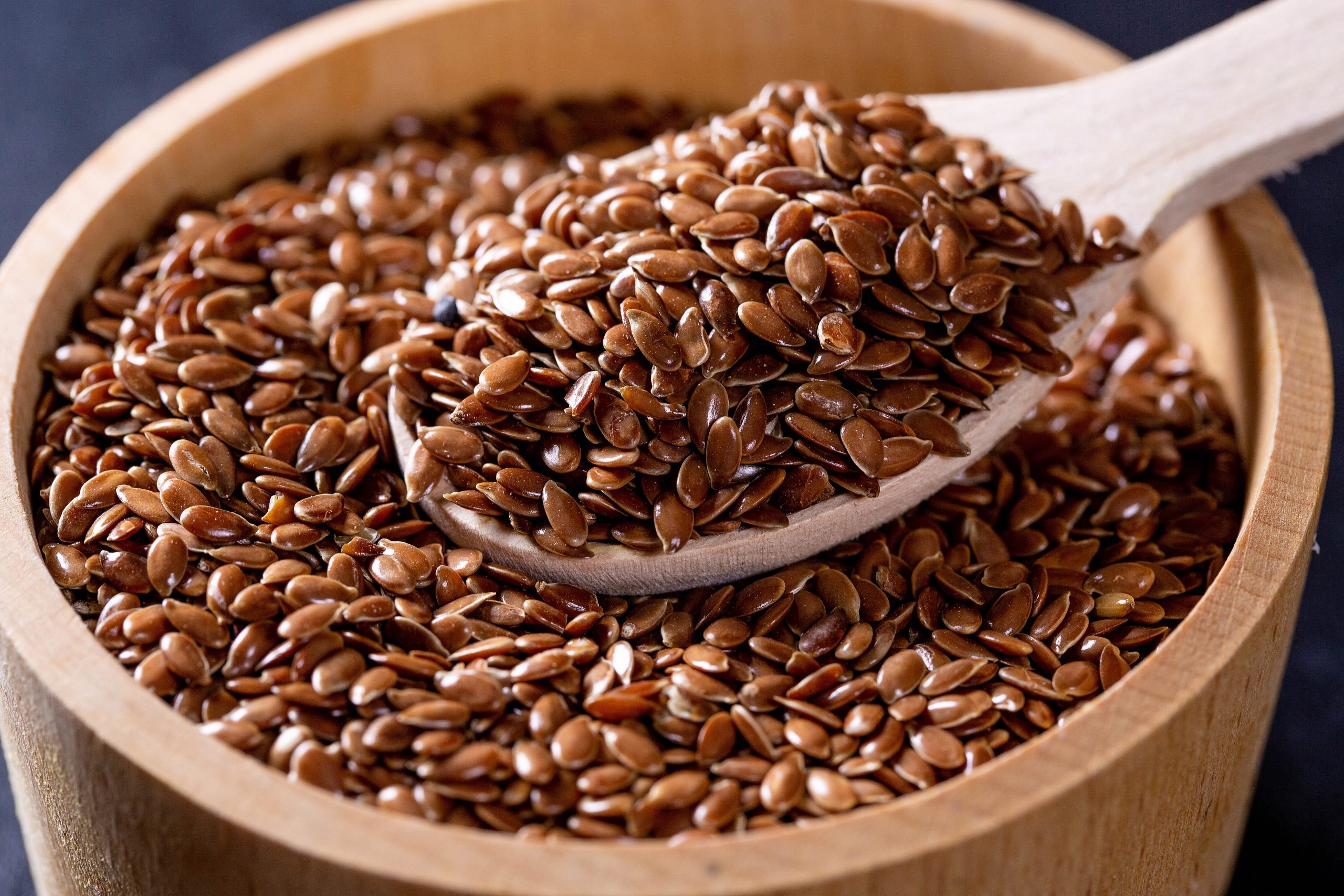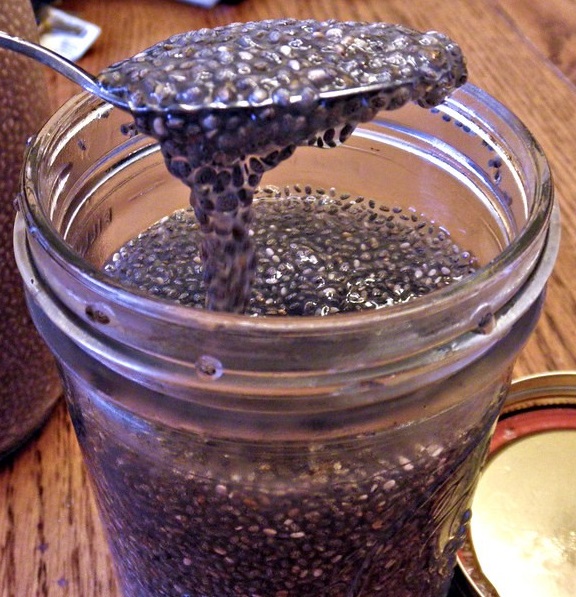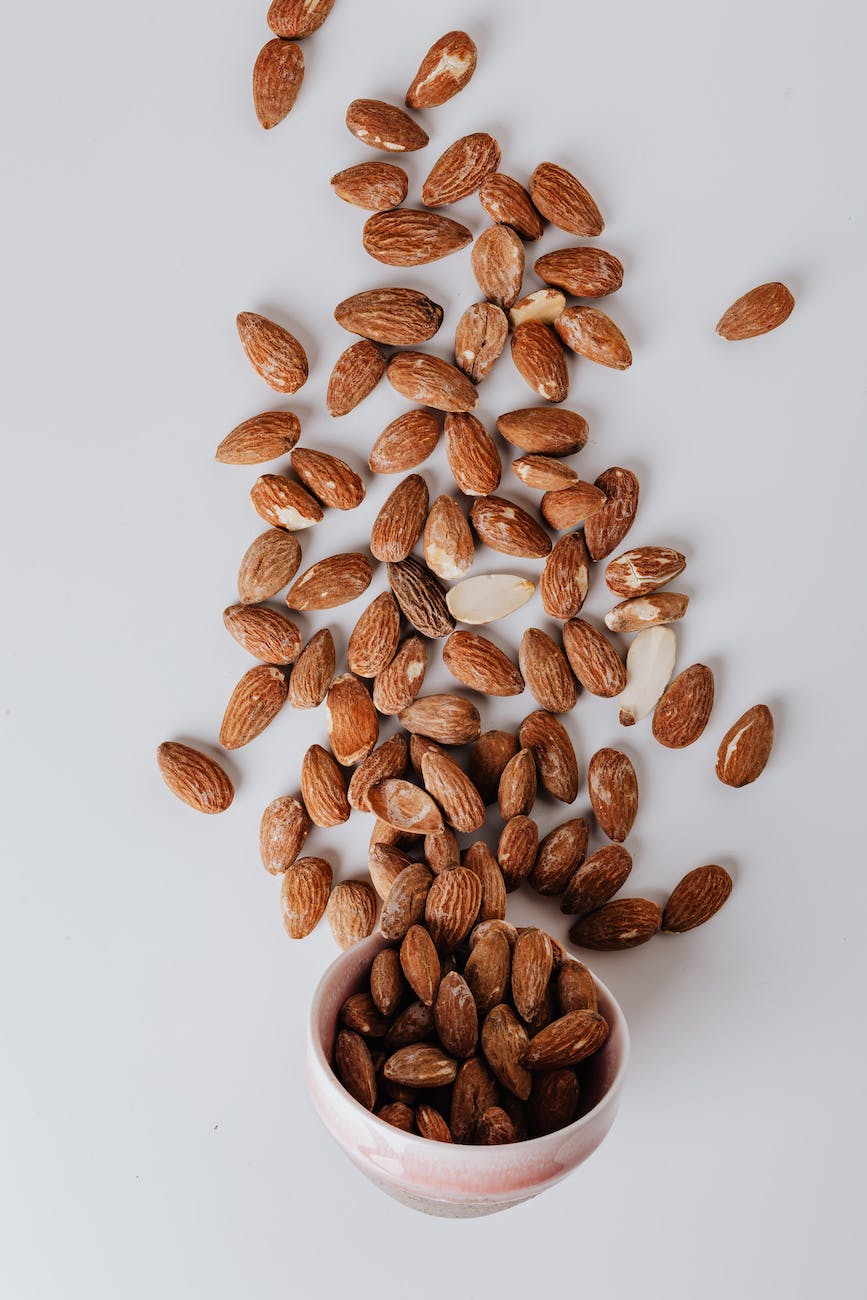
Introduction: 🌱🌟 Welcome to another enlightening blog post in our series on seeds and nuts and their impact on weight loss! In this edition, we will explore the versatile world of sesame seeds and uncover their potential benefits for your weight loss journey. Sesame seeds, known for their delicate nutty flavor and versatility, have been valued for their nutritional benefits for centuries. Join us as we delve into the health benefits of sesame seeds and discover how they can support your quest for a healthier and trimmer you!
Macros per 100g of Sesame Seeds:
| Nutrient | Amount |
|---|---|
| Calories | 573 |
| Carbohydrates | 23.4g |
| Protein | 17.7g |
| Fat | 49.7g |
| Fiber | 11.8g |
| Sugars | 0.3g |
🌱🔍 Sesame seeds are small but mighty, packed with essential nutrients that can positively impact your weight loss journey. Let’s dive into the key qualities of sesame seeds and their potential benefits:
- Fiber for Satiety and Digestive Health: 🌱🌾 Sesame seeds are a good source of dietary fiber, which plays a crucial role in weight loss. Fiber promotes a feeling of fullness, curbs cravings, and assists in maintaining a healthy weight. Additionally, fiber supports digestive health, prevents constipation, and contributes to a healthy gut microbiome.
- Healthy Fats for Satiety and Heart Health: 🌱💪 Sesame seeds are rich in healthy fats, including monounsaturated and polyunsaturated fats. These fats promote satiety, helping to curb overeating and manage weight. Furthermore, these fats support heart health by reducing LDL cholesterol levels, improving cardiovascular function, and reducing the risk of heart disease.
- Plant-Based Protein for Muscle Support: 🌱💪 Sesame seeds provide a notable amount of plant-based protein, making them an excellent choice for individuals following a vegetarian or vegan diet. Protein is essential for building and repairing tissues, supporting muscle growth, and boosting metabolism. Including sesame seeds in your diet can help meet your protein needs while promoting weight loss.
- Calcium and Other Essential Minerals for Bone Health: 🌱🦴 Sesame seeds are a rich source of calcium, a mineral crucial for bone health and density. Additionally, sesame seeds contain other essential minerals such as iron, magnesium, phosphorus, and zinc, which support various bodily functions, including energy production, enzyme activity, and immune function.
- Phytosterols for Cholesterol Management: 🌱💙 Sesame seeds contain phytosterols, plant compounds that have a structure similar to cholesterol. Phytosterols can help lower LDL cholesterol levels, making sesame seeds beneficial for cardiovascular health and weight management.
⚠️ Warnings and Considerations: 🚫 While sesame seeds offer numerous health benefits, it’s important to keep the following points in mind:
- Allergies or Sensitivities: 🚫 Some individuals may have allergies or sensitivities to sesame seeds. If you have known allergies to seeds or similar ingredients, consult with a healthcare professional before incorporating sesame seeds into your diet.
- Calorie Awareness and Portion Control: 🚫 Sesame seeds are calorie-dense, so it’s crucial to be mindful of portion sizes. A recommended serving size is approximately 1-2 tablespoons. While sesame seeds can be beneficial for weight loss, excessive consumption can contribute to caloric intake.
- Seed Intolerance or Digestive Sensitivity: 🚫 Some individuals may experience digestive sensitivity or intolerance to sesame seeds, especially when consumed in large quantities. If you have digestive concerns, it’s best to start with smaller amounts and monitor your body’s response.
- Phytic Acid and Nutrient Absorption: 🚫 Sesame seeds, like other seeds and nuts, contain phytic acid, which can inhibit the absorption of certain minerals. Soaking or toasting sesame seeds can help reduce phytic acid levels and improve nutrient absorption. Consider incorporating soaked or toasted sesame seeds into your meals to enhance their nutritional benefits.
💡 Recipe Ideas: Now, let’s explore some delicious and creative ways to incorporate sesame seeds into your weight loss journey:
- Sesame Seed-Crusted Baked Tofu: 🍛🌱 Press and drain tofu to remove excess moisture, then coat it in a mixture of ground sesame seeds, whole wheat breadcrumbs, and spices. Bake in the oven until crispy and golden. Serve with steamed vegetables or a side salad for a flavorful and protein-rich meal.
- Sesame Seed Salad Dressing: 🥗🌱 In a blender or food processor, combine toasted sesame seeds, olive oil, rice vinegar, soy sauce, honey (or maple syrup for a vegan option), and a dash of garlic and ginger. Blend until smooth and drizzle over your favorite salads or use as a dipping sauce for fresh vegetables.
- Sesame Seed Energy Bars: 🍫🌱 In a mixing bowl, combine toasted sesame seeds, chopped nuts, dried fruits, honey (or alternative sweeteners like date syrup), and a pinch of salt. Press the mixture into a baking dish and refrigerate until firm. Cut into bars for a nutritious and energizing snack on the go.
- Sesame Seed-Crusted Fish: 🐟 Coat fish fillets, such as salmon or cod, with a mixture of ground sesame seeds, whole wheat flour, and your favorite spices. Pan-sear or bake until the fish is cooked through and the sesame crust is golden and crispy. Serve with steamed vegetables or a quinoa salad for a satisfying and omega-3-rich meal.
- Sesame Seed Stir-Fried Vegetables: 🍲🌱 Heat a wok or skillet and add a variety of fresh vegetables, such as broccoli, bell peppers, snap peas, and carrots. Stir-fry the vegetables with a small amount of sesame oil, soy sauce, and a sprinkle of toasted sesame seeds. Garnish with chopped scallions or cilantro for added freshness and flavor.
- Sesame Seed-Hummus Stuffed Bell Peppers: 🌶️🌱 Cut bell peppers in half and remove the seeds. Fill each half with a spoonful of homemade or store-bought hummus and sprinkle with toasted sesame seeds. Bake in the oven until the peppers are tender. Enjoy these flavorful and nutrient-packed stuffed peppers as a light meal or snack.
- Sesame Seed-Coated Roasted Vegetables: 🥕🌱 Toss a mixture of root vegetables, such as carrots, parsnips, and sweet potatoes, with a little olive oil, salt, and ground sesame seeds. Roast in the oven until golden and tender. The sesame seed coating adds a delightful crunch and nutty flavor to the roasted vegetables.
🌟 Conclusion: 🌱✨ Sesame seeds are a nutritional powerhouse that can positively impact your weight loss journey. With their fiber content, healthy fats, plant-based protein, essential minerals, and cholesterol-lowering phytosterols, they offer numerous health benefits and contribute to overall well-being. Remember to practice portion control, be mindful of allergies or sensitivities, and consider soaking or toasting sesame seeds for optimal nutrient absorption. Incorporate sesame seeds into your meals creatively to enjoy their nutty flavor and unlock the potential benefits they offer for weight loss.












